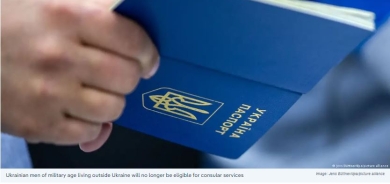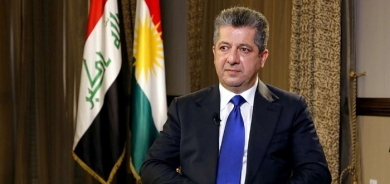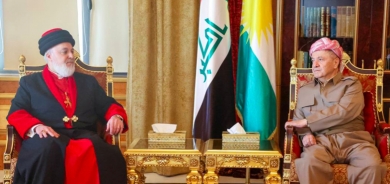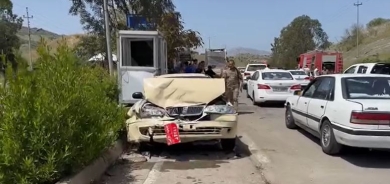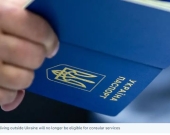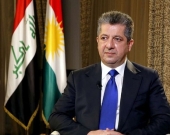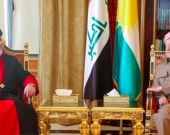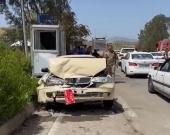Police disperse Istanbul protesters with water cannon
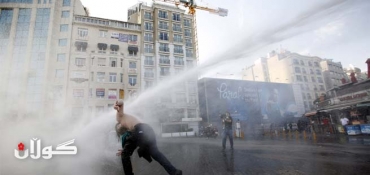
Hundreds of riot police backed up by water cannon trucks moved in on several thousand protesters chanting for Erdogan's dismissal.
"This is but a start, the battle continues!" the protesters yelled, throwing red carnations. "It is by resisting that we will prevail!"
The protesters had gathered a week after police evicted thousands of people from the adjacent Gezi Park, the epicentre of nationwide demonstrations that had shaken Turkey for much of June and presented Erdogan and his Islamic-rooted government with the biggest challenge of their decade-long rule.
Following the eviction, the protests that had infuriated Erdogan and earned Turkey harsh criticism from the West had fizzled out as the premier claimed victory over "traitors".
"The people and the AKP (ruling Justice and Development Party) government have foiled the plot... hatched by traitors and their foreign accomplices," Erdogan said on Tuesday.
Confident he has weathered the storm, he warned against any resurgence of the protests.
"From now on, there will be no question of showing any tolerance to people or organisations who engage in violent acts."
The crisis began when a small campaign to save Gezi Park's 600 trees from being razed in a redevelopment project was met with a brutal police response on May 31.
The violence sparked widespread anger and snowballed into mass demonstrations against Erdogan, seen as increasingly authoritarian, before culminating in another crackdown on Gezi Park.
Four people have been killed and nearly 8,000 injured in the turmoil, according to the Turkish Medical Association.
Hundreds have also been arrested across the country in connection with the demonstrations and at least 46 people have been charged, most of them accused of belonging to "terrorist" groups and destruction of property, according to lawyers groups.
Ankara's handling of the protests has sparked criticism from the West, leading to a flare of tensions with Germany in particular.
On Friday, Berlin and Ankara summoned each other's envoys in tit-for-tat moves.
"We cannot deny the tensions," German Foreign Minister Guido Westerwelle said on Saturday after meeting with the Turkish envoy. "We are all trying to reduce them."
"We have to continue the discussions, we are still in the middle of negotiations."
In Turkey, news channel NTV said Ambassador Eberhard Pohl spent over an hour in his meeting with foreign ministry undersecretary Feridun Sinirlioglu, but that neither of the two sides had wished to comment on the discussion afterwards.
The tensions between Ankara and Berlin flared when on Monday, German Chancellor Angela Merkel said Turkey's violent crackdown on the demonstrators had been "much too harsh".
Several days later, it emerged that EU member states failed to reach the necessary consensus on opening a new negotiating chapter with Turkey next week, which could have marked an upswing in ties.
Diplomats said that Germany and the Netherlands expressed "reservations" at the closed-door talks between EU ambassadors.
Turkish European Union Affairs Minister Egemen Bagis fumed at the news, placing the blame squarely on Germany, the EU's top economy with the world's largest Turkish emigrant community as well as Ankara's biggest trade partner.
"If Merkel is looking for material for her election campaign, it should not be Turkey," Bagis told reporters, referring to the general election in Germany slated for September.
Turkey's membership talks officially started in 2005 but so far only one out of 35 chapters has been closed, mainly due to disagreements over Cyprus, which joined the bloc in 2004, as well as serious German doubts about the bid.
Separately on Saturday, some 80,000 people rallied against Erdogan's government in the German city of Cologne.
AFP

